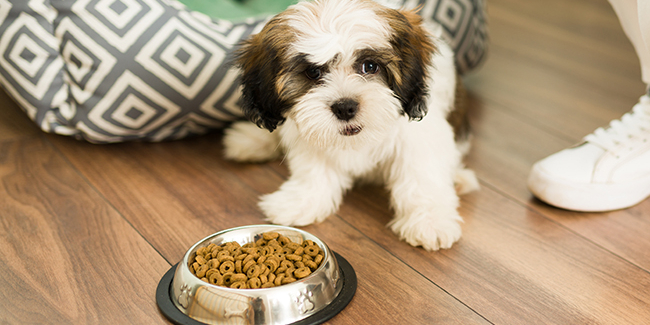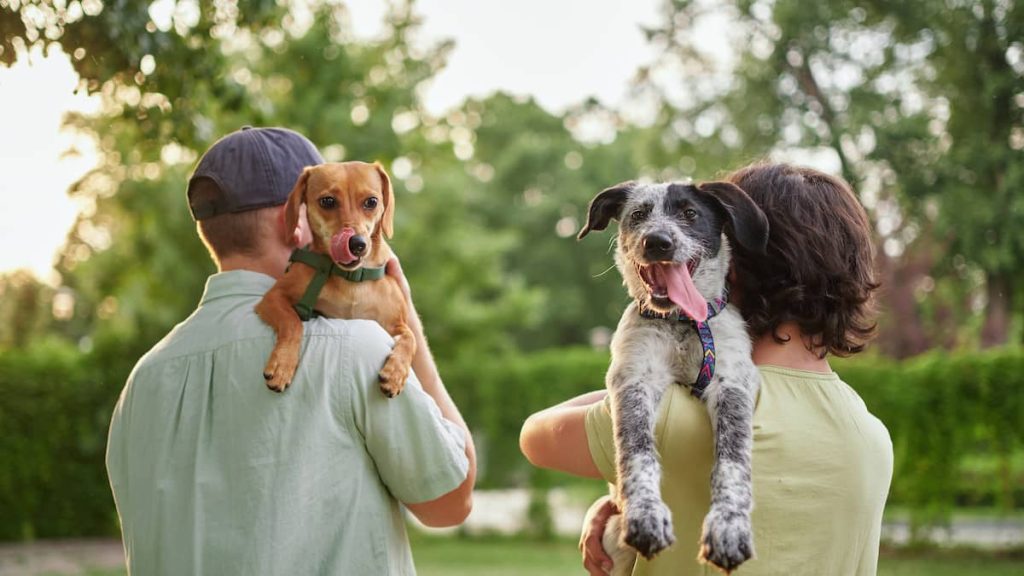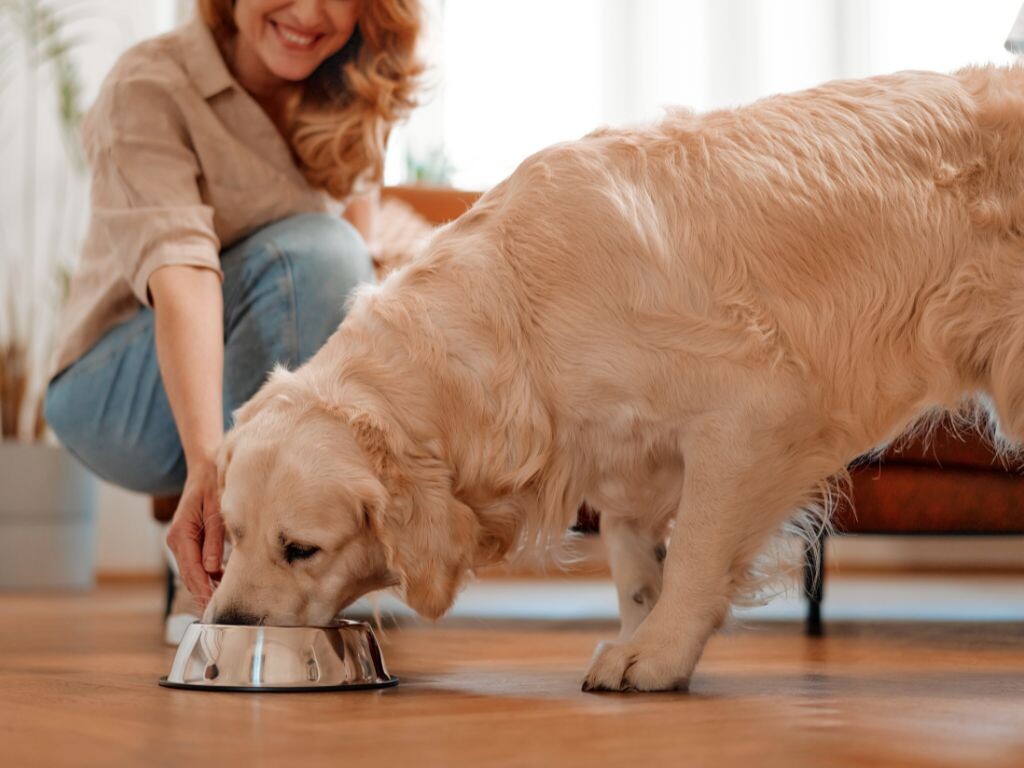
We speak of small dogs to designate doggies with the smallest size, that is to say which do not exceed 10 kg as adults. This may concern the Miniature Poodle, the Cavalier King Charles, the French Bulldog, the Jack Russell or the Shih Tzu, among many others. The nutritional needs of these small people are very specific and often poorly understood. We often wrongly think that they need to eat less than others, because of their small size. To make the right choices and properly feed a small dog, we suggest you take stock of the issue.
What are the particularities of small dogs?
Small dogs have different dietary needs than others due to their physical characteristics. In fact, they are animals endowed with a smaller jaw, which does not allow them to ingest all types of kibble, especially the largest. Poorly sized and unsuitable kibble may be too difficult to chew for these animals who may have digestive problems or even choke. Their small digestive tract allows them to digest easier and faster.
Typically, small dogs are less greedy than medium and large dogs, making them pickier. They show up very often more demanding. Furthermore, these doggies reach their adult size very early, around the age of six months, which requires a much greater consumption of nutrients and very high-quality food requirements to avoid deficiencies and meet their energy needs.
Small dogs expend significantly more energy than other dogs due to their faster metabolism, but they have longer life expectancy. However, to preserve their good health throughout their lives, it is important to meet their dietary needs with quality, healthy, balanced and well-adapted products.
If the small dog needs to eat a lot compared to its small weight, you must however avoid multiplying treats, food intake and giving it leftover meals, because the risk of overweight and obesity is increased. . However, these serious disorders can lead to diseases such as diabetes, kidney failure or even liver failure, not to mention joint and bone diseases. Therefore, small dogs must be offered quality food, well proportioned and in sufficient quantities to prevent them from becoming discouraged and starting to beg outside of meals.
Feeding a small adult dog: our advice
To properly feed your small dog, it is best to ask your veterinarian for advice. However, you will need to choose a quality and small food so that he can chew and ingest it without risk to his well-being. A quality, well-balanced diet is essential. It is better to buy your products from the veterinarian, in a pet store or on specialized websites. In fact, avoid supermarket products, made with poor quality ingredients and which tend not to cover the dog's nutritional needs and generate deficiencies.
Quality foods are made up of premium ingredients, which perfectly cover the animal's needs. They are more filling and more digestible, which allows the animal to eat better and less, avoiding the risk of overweight and disorders. The contents are more expensive to purchase, but much more durable. In addition, their quality makes it possible to preserve the well-being and health of the dog and thus make significant savings in terms of veterinary costs.
If you prefer to opt for a household diet, get help from your veterinarian when putting together your pet's menus in order to avoid deficiencies. It is indeed essential to carefully cover your needs with quality food.
You can completely enrich your ration with fish oil or brewer's yeast, natural supplements which make food more palatable and which are good sources of omega 3. They will thus contribute to your digestive balance and beauty of its coat and skin.
If your dog is picky or seems to have difficulty digesting properly, do not hesitate to lightly moisten his kibble. This makes them more palatable and easier to chew, ingest and digest.
How to feed a small dog as it grows?
A small breed puppy has very specific needs. Indeed, remember that the doggie will reach its adult size in just six months, or even less! It is therefore imperative to meet its nutritional needs to allow it to grow in the best possible conditions.
Opt for a quality diet, rich in proteins and lipids, but which contains few cereals, because it is still difficult for it to assimilate starch well.
Here again, do not hesitate to provide him with polyunsaturated fatty acids to help him grow well, preserve his cells and improve his cognitive abilities. Fish oil is a good ally for this. A mineral and vitamin D supplement, however, should be avoided, as it can cause imbalances or joint and bone problems.
In any case, before considering the inclusion of food supplements, ask your veterinarian for advice. By thinking you are doing the right thing, you can on the contrary disrupt their well-being and growth.
How to properly manage the diet of a small dog?
Meal management is also different for a small dog. Until the age of approximately 6 months, in other words until its adult size, it is preferable to divide its daily ration into 4 to 5 meals per day. In fact, the puppy has a smaller digestive capacity. He needs to eat more and a richer portion to grow well, but he cannot assimilate and properly digest too large quantities at a time. Must therefore feed him in several small portions throughout the day.
Between approximately 5 and 6 months, it is possible to consider moving to 2 or 3 meals per day. It all depends on the dog's abilities and its environment. In any case, with a small dog, it is better to avoid single meals. A minimum of two daily meals is preferable for better digestion.
Be careful, however, remember that it is not a question of giving him several complete meals, but of fragmenting the daily ration into several small meals. You will thus be able to meet their needs while avoiding the risk of overweight and obesity.
It is recommended to feed small dogs at set times to establish a stable and healthy routine.




